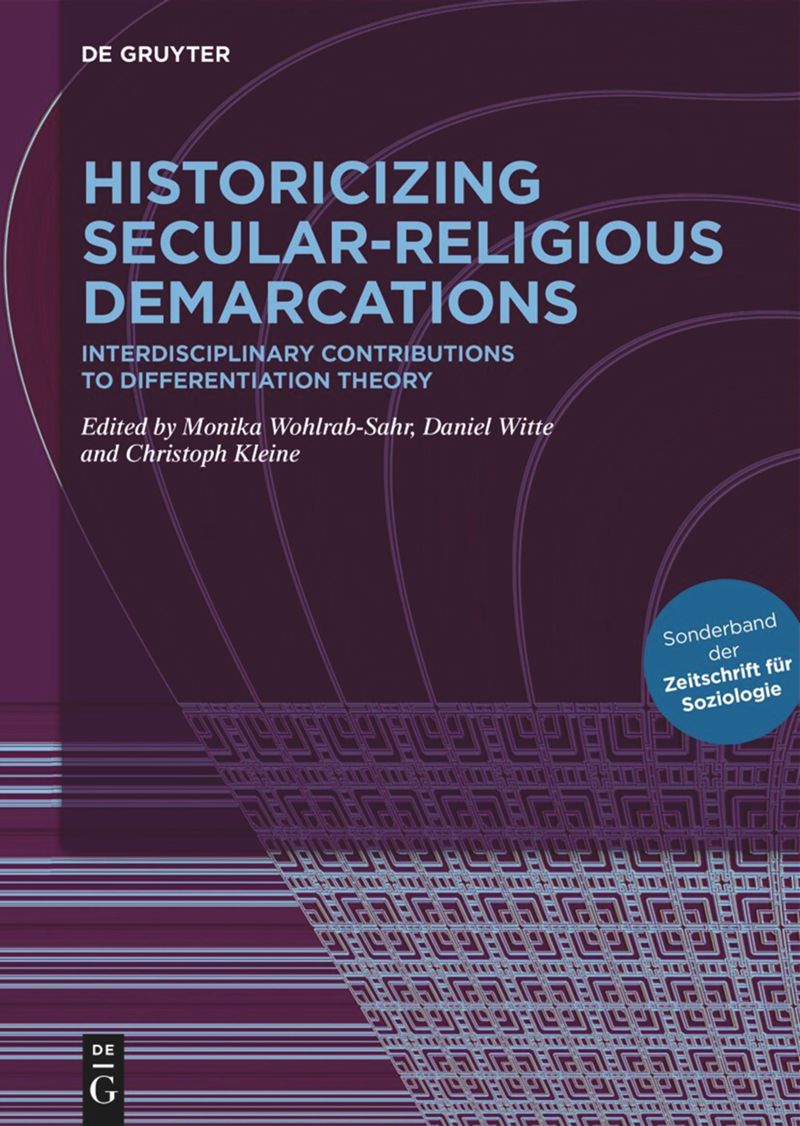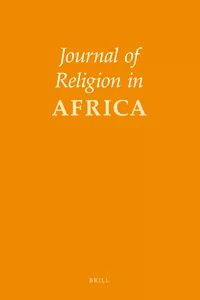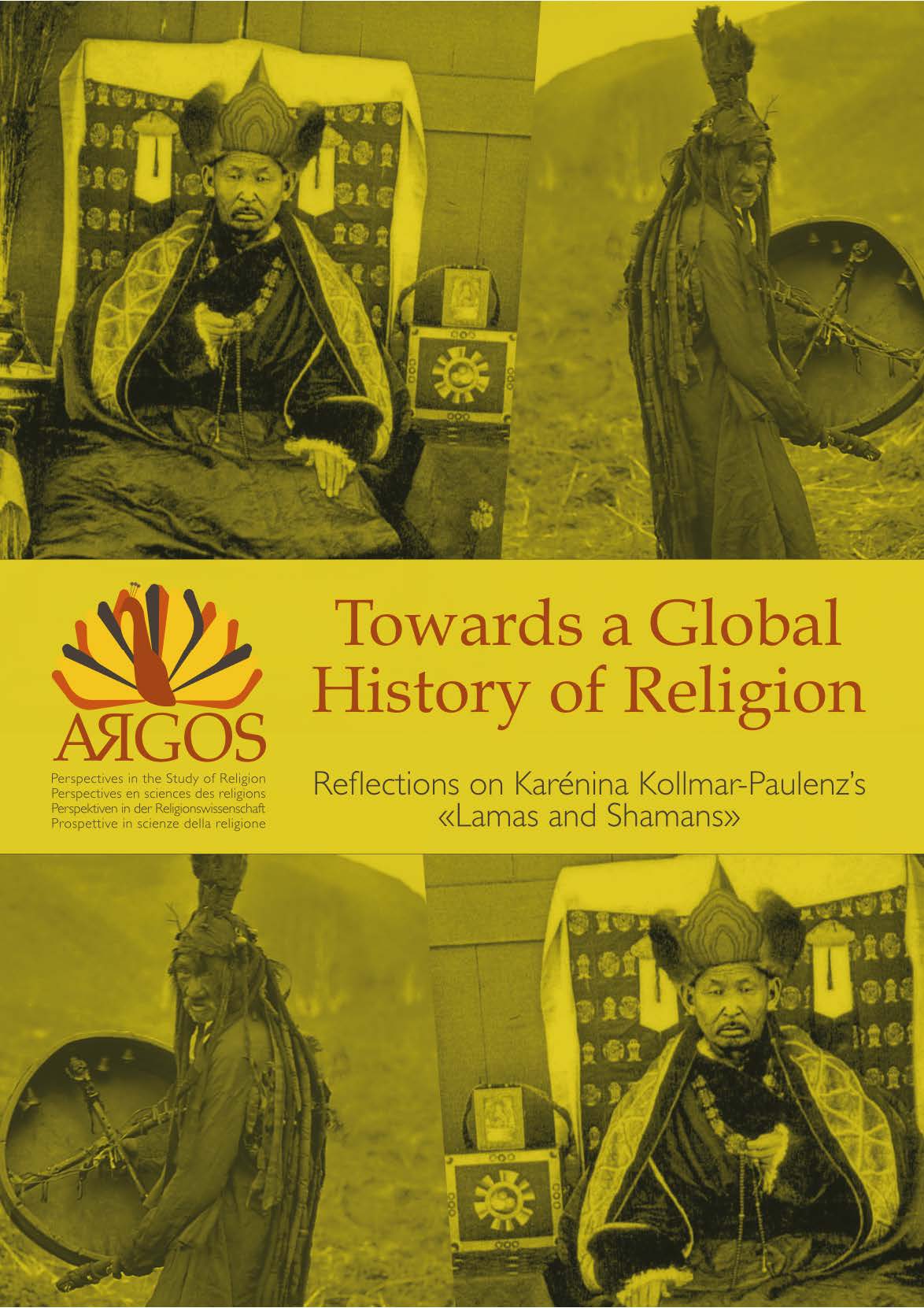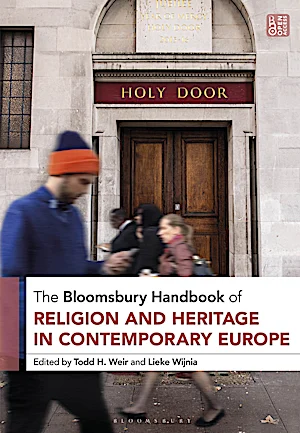
This paper takes a longue-durée perspective to show the different ways in which the Japanese have, in the course of history, identified a social sub-area that can be retrospectively (perhaps anachronistically) regarded as “religion.” In doing so, it makes a strong case that the classification of socially organized human activities serves specific purposes, and therefore varies greatly depending on the discursive context in which it occurs. In Japan, we find a variety of modes of distinction and classification that (from a modern perspective) distinguish “religion” from other integral activity bundles. Traditions that we consider to be religions, or that have evolved into religions in global modernity, have been defined as systems of cognitive and normative orientation, as nomospheres, as socio-cultural formations, as fields of knowledge, and as objects of law. With Japan’s entry into global modernity, we find, for the first time, a systematic juxtaposition of religion, on the one hand, with the state, science, or philosophy, on the other. An outstanding example of Japanese intellectuals’ appropriation of a globalized modern knowledge regime, with its division of social subsystems, is provided by the author Suzuki Daisetsu Teitarō, in his early work “New Theory of Religion,” from 1896. This text will be analysed in more detail, in an exploration of the historical continuities and discontinuities in the interpretation of social differentiation in Japan.
Kleine, Christoph. “Demarcating Religion: On the Varying Ways of Conceptualizing Social Differentiation in Japanese History.” In Historicizing Secular-Religious Demarcations: Interdisciplinary Contributions to Differentiation Theory. Special Issue of Zeitschrift Für Soziologie, edited by Monika Wohlrab-Sahr, Daniel Witte and Christoph Kleine, 301–27. Berlin: De Gruyter, 2024.











